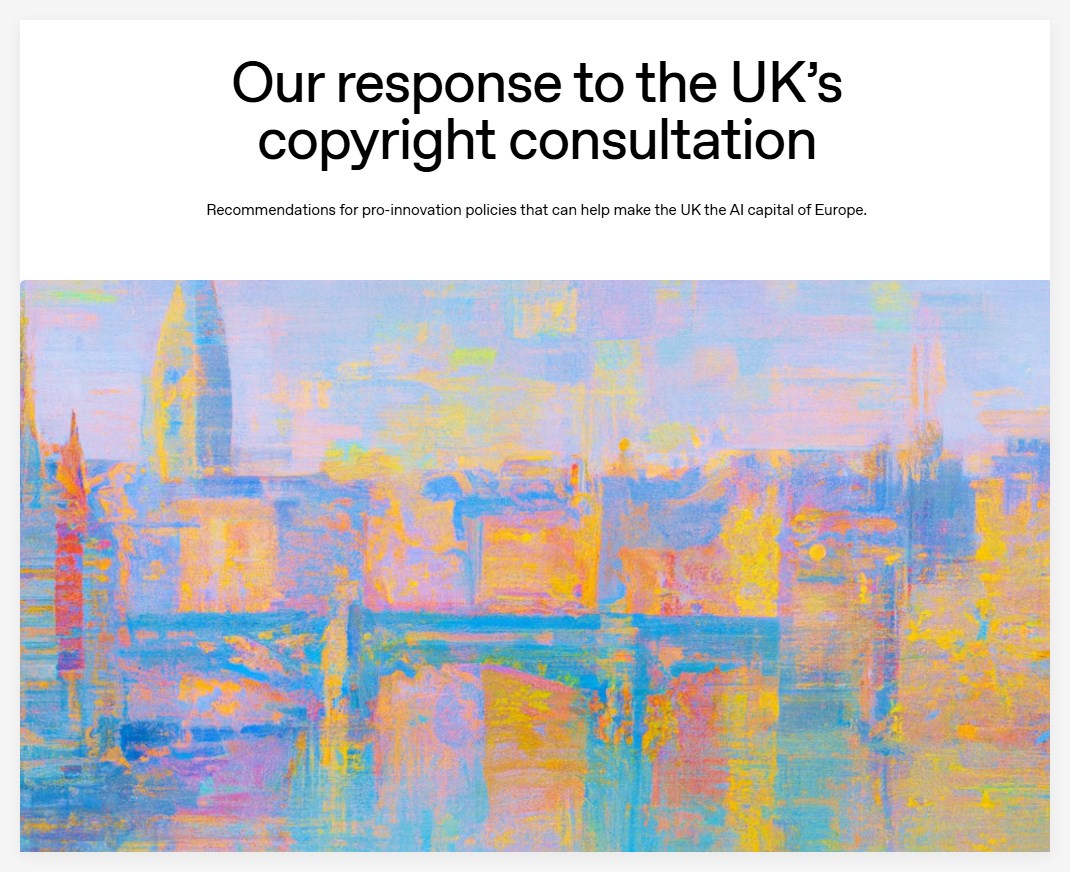The future of art may no longer belong solely to humans. This year, the application of artificial intelligence (AI) has permeated the daily lives of millions of people worldwide, transforming from a science fiction concept into a practical tool that simplifies daily activities and optimizes user time. Today, a new phenomenon is emerging: AI "artists" have raised millions of dollars by "creating works that are more interesting than those of humans," which will undoubtedly disrupt traditional artistic creation models.
A groundbreaking AI design program called Botto has sold computer-generated artworks for millions of dollars, signaling a potential revolution in the creative field. According to international media reports, since its inception in 2021, Botto has created over 150 works spanning multiple disciplines and has raised more than $5 million at auctions.

One of Botto's founders, German artist Mario Klingemann, stated online: "The latest advancements in artificial intelligence, deep learning, and data analysis make me believe that in the near future, artists using machines will be able to create works that are more interesting than those of humans."
Another founder, Simon Hudson, mentioned that Botto has two main goals. "The first is to gain recognition as an artist, and the second is to become a successful artist." He added that this could include having a "profound impact" on people through commercial, financial, cultural, or even spiritual success.
Similar to other generative AI image programs like DALL-E, Botto operates based on prompts, but Hudson explained that what sets Botto apart is its initial guidance, which is very vague. It "generates images by combining random words, phrases, and symbols."
Botto generates 70,000 random works each week, from which 350 are selected to be submitted to a decentralized autonomous organization made up of 5,000 people. This organization votes to select one work for auction. Hudson believes, "Botto breaks the myth of the lonely genius artist; it demonstrates that art is actually a process of collective meaning-making. When you have a vast amount of AI-generated content, this process becomes even more important."
According to a recent study by Gartner, over 70% of people in developed economies have interacted with AI-driven systems for managing schedules, online shopping, and even cooking daily tasks. This indicates that AI is not only simplifying our lives but is also gradually permeating more creative fields.
The emergence of Botto undoubtedly poses new challenges and opportunities for the traditional art world. Can AI replace human artists? Can AI-generated works be considered true art? These questions are worth further contemplation.









